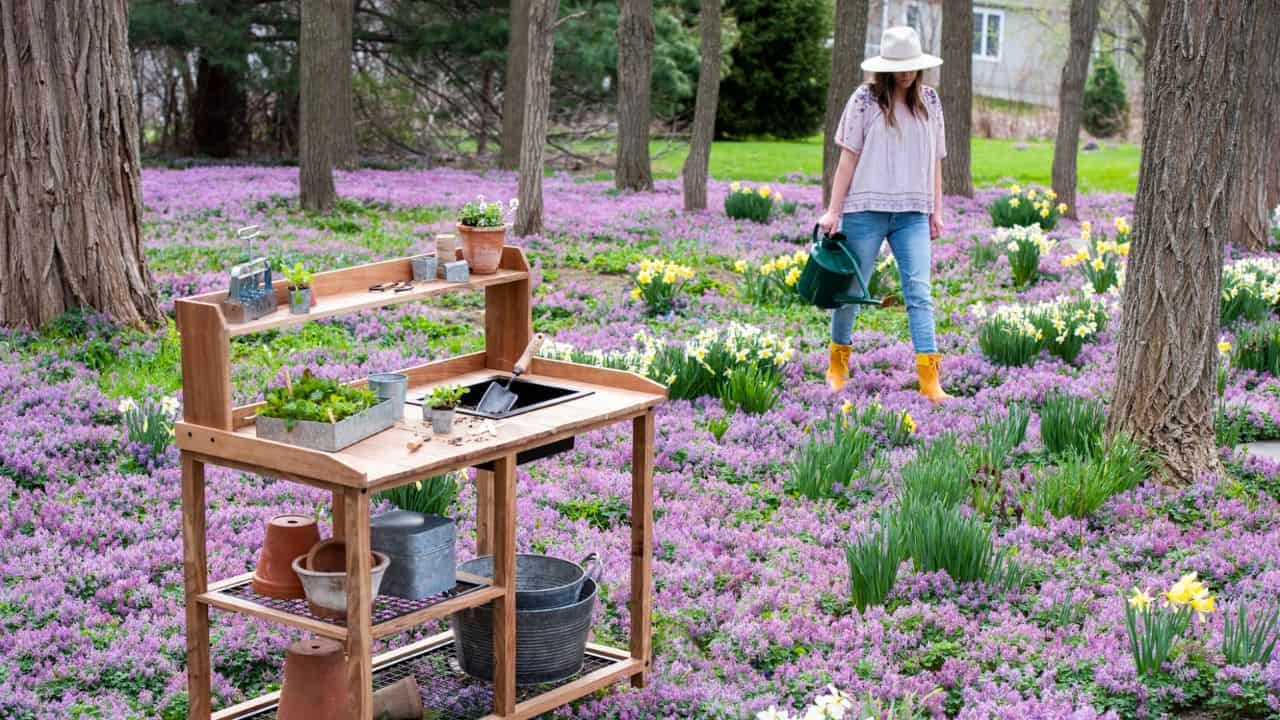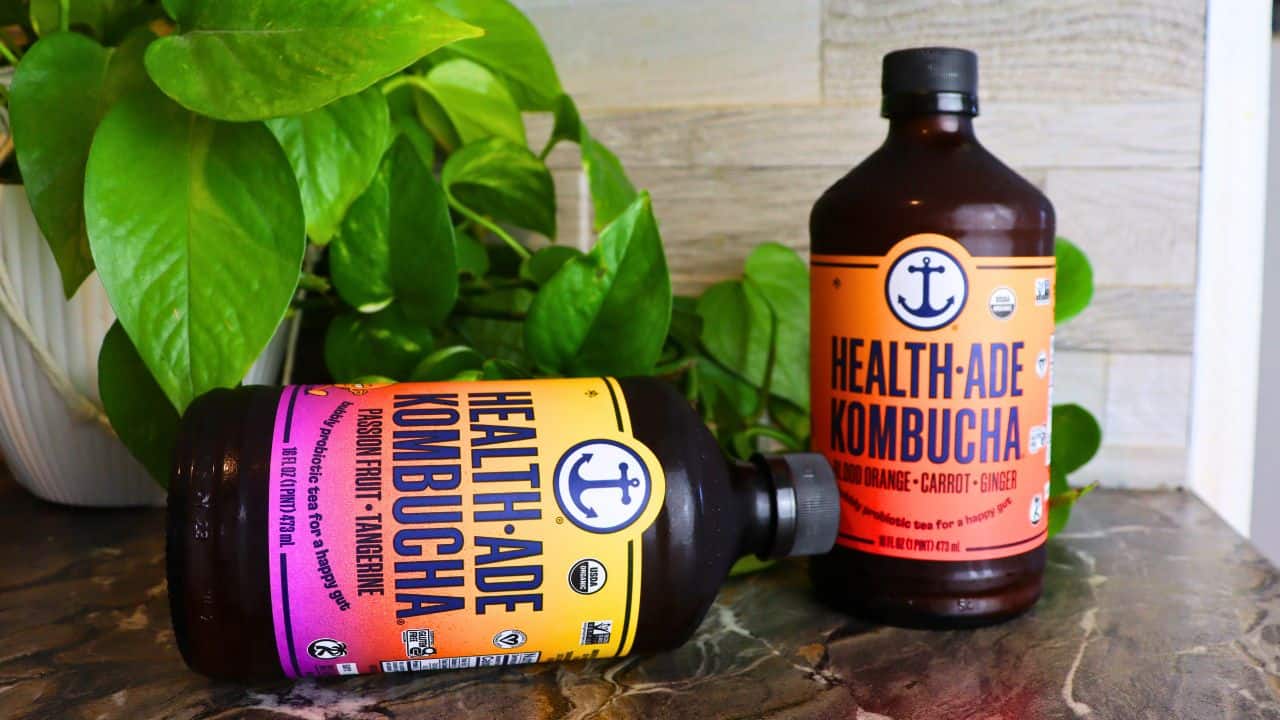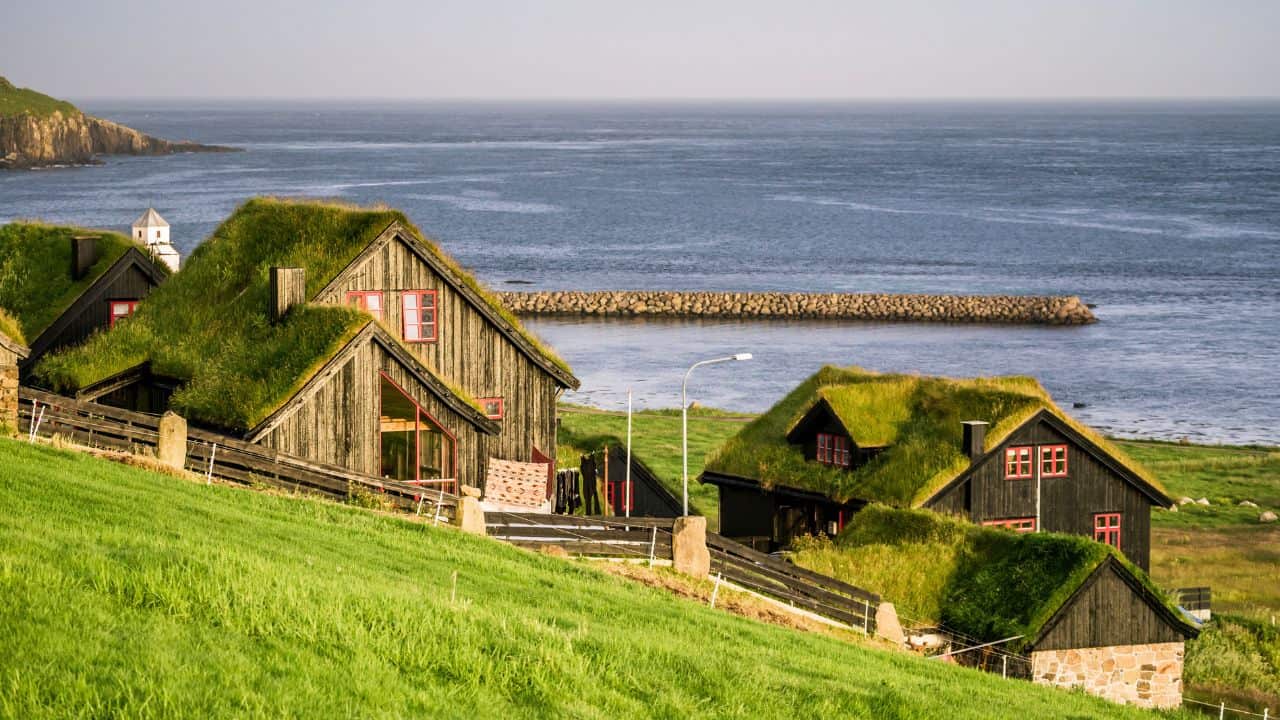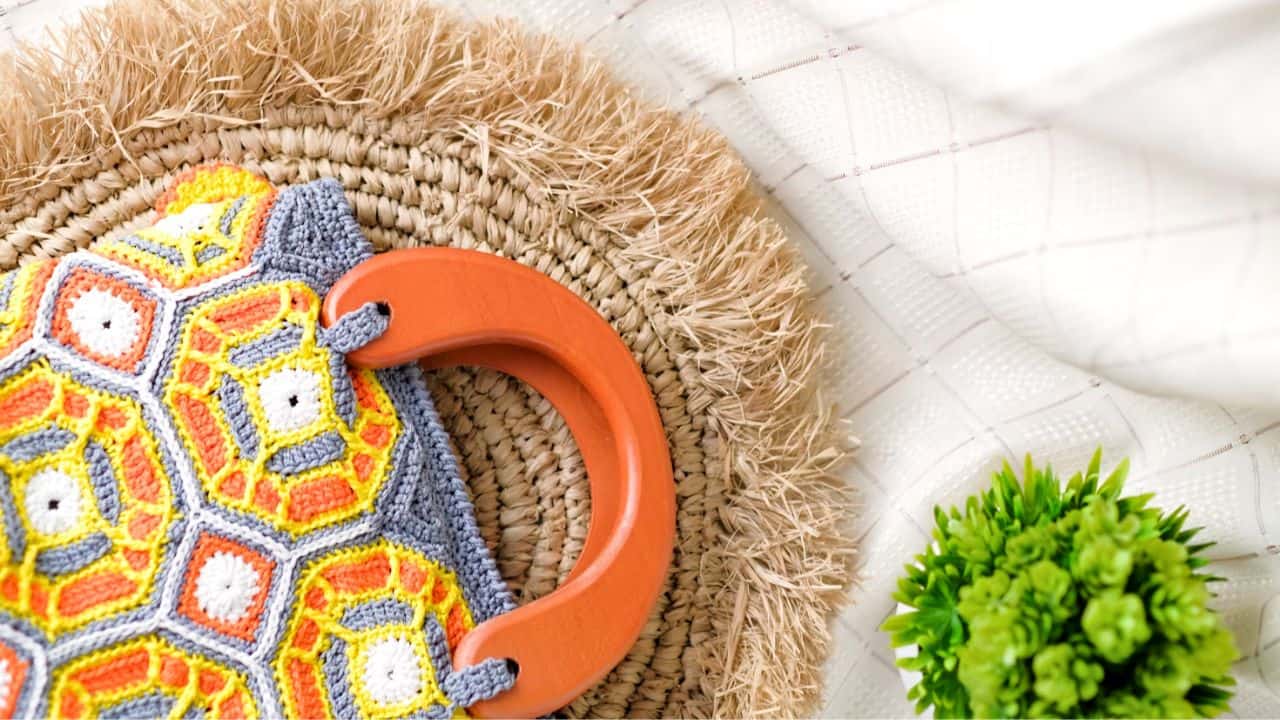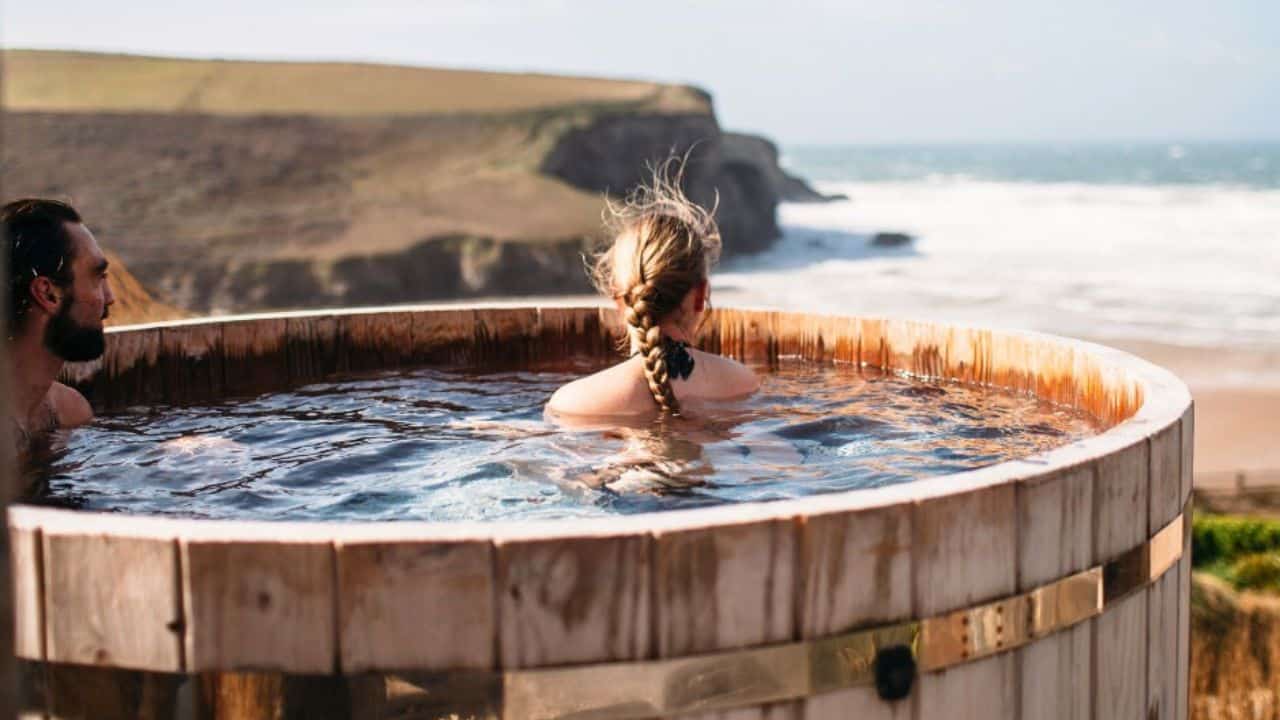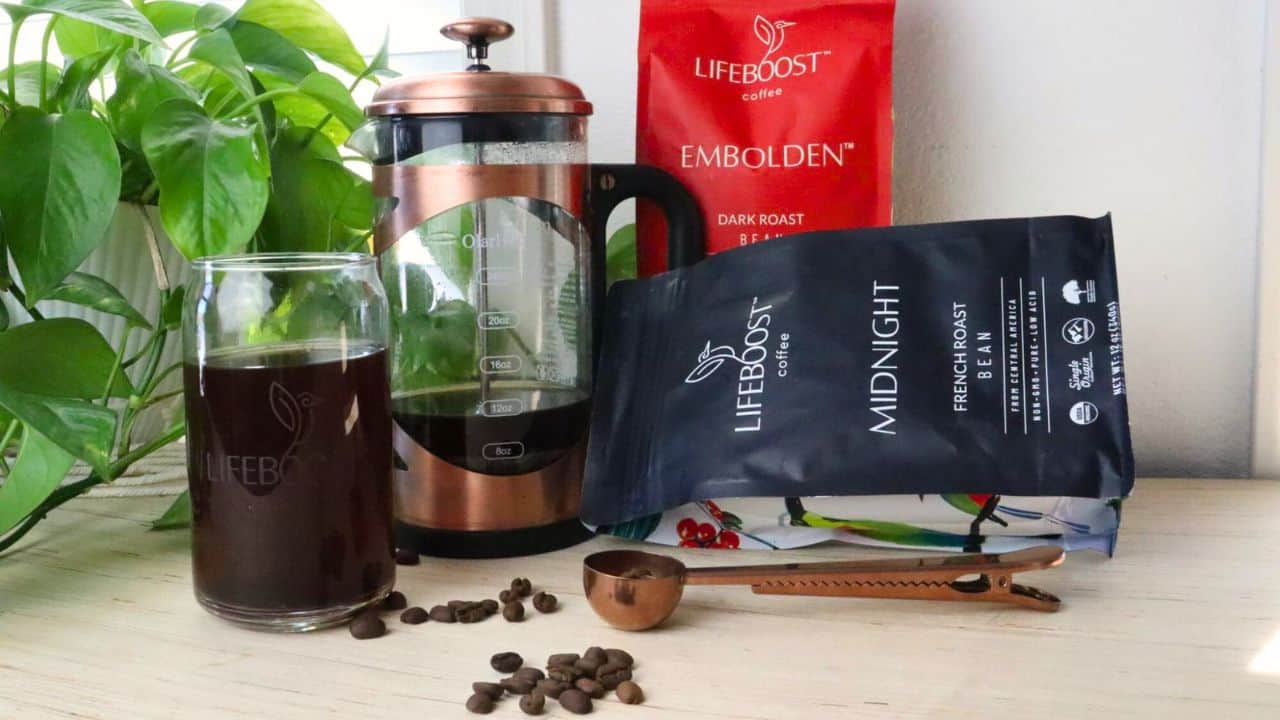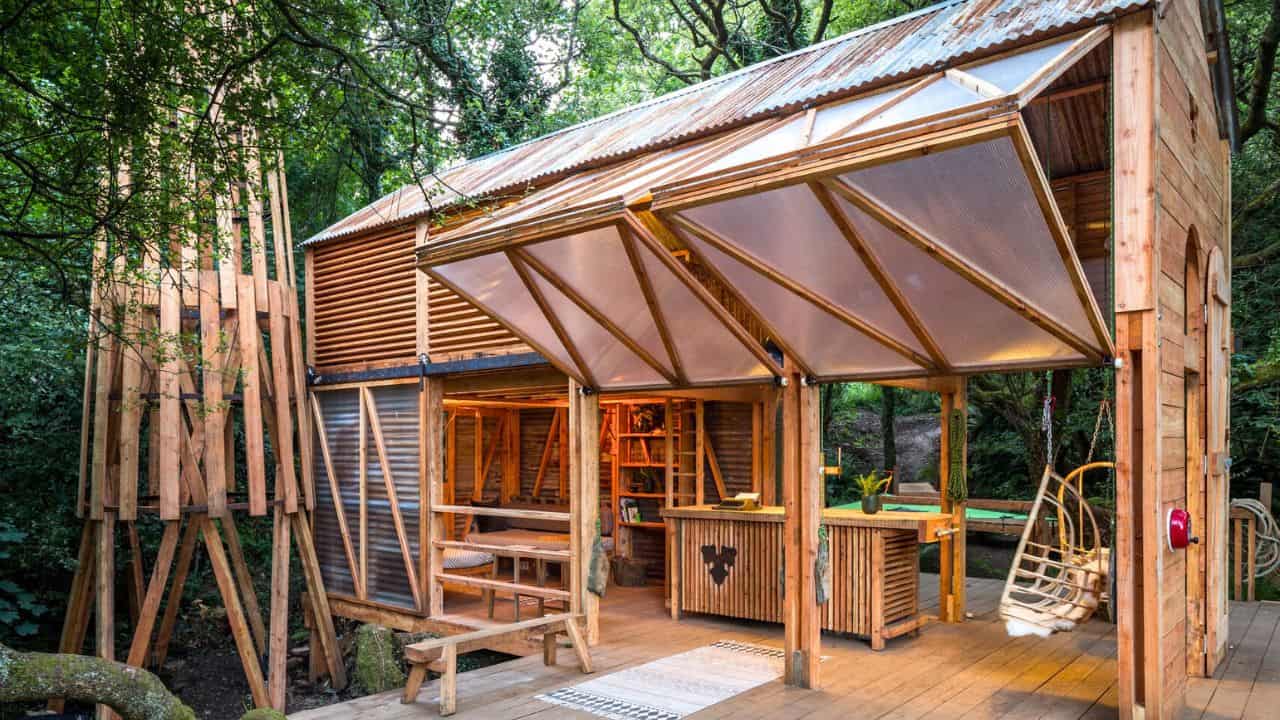From sustainable skincare bundles, to a year’s worth of vegan beer – pebble has had an impressive range of competitions. Scroll down to check out and enter our current competitions.
Interested in subscribing to our newsletter?
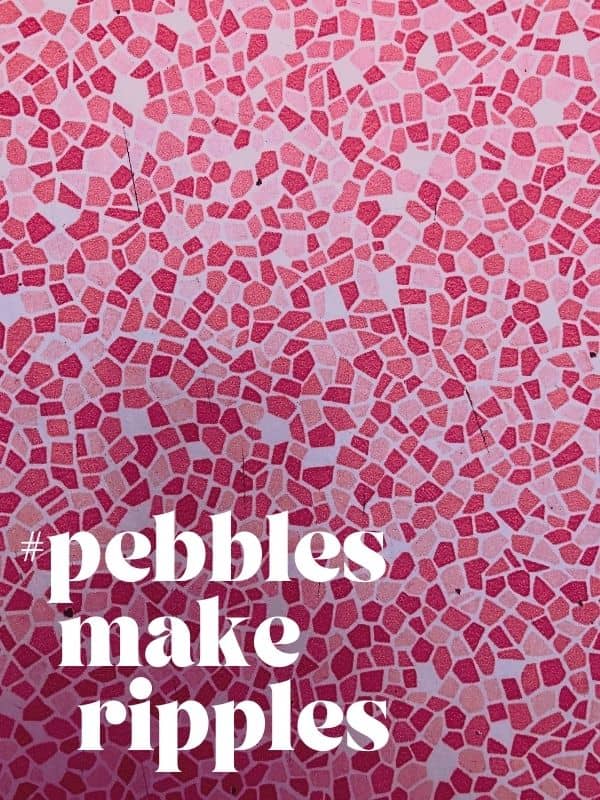
Current competitions and promotions:
If any live competitions are currently running, we’ll list them below. Good luck!
Learn more about pebble mag:
Key links for discovering more about pebble:







